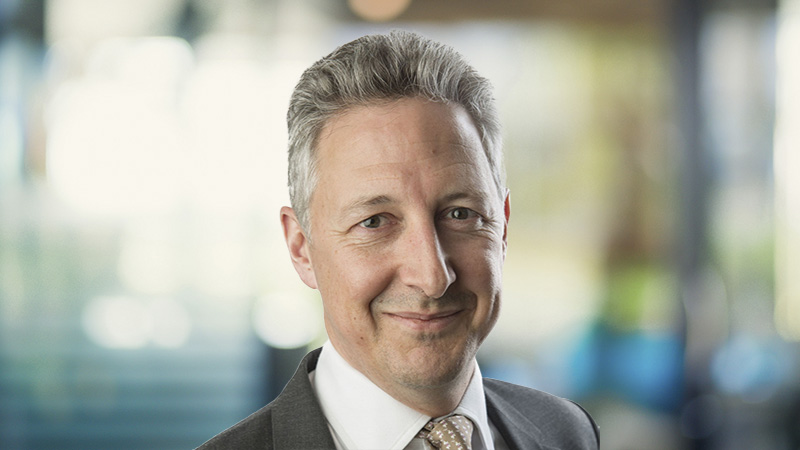Q: What is the biggest change you have seen in the industry since you joined?
I think the biggest change has been the rise of passive investing. Passive investing is an ideal approach for those who can’t afford, or don’t want, advice. The positive is that it is democratising investment in equities in particular, as a result of low costs, and therefore hopefully brings the benefits of investing in equities to a wider audience. The negative is that it has polarised a debate, taking the focus away from investing itself, when there is compatibility between different styles of investment including active and passive.
See also: Meet the asset allocators: Rob Burdett, Columbia Threadneedle
Many people need more specific advice than is available from passive providers, and also exposure to a range of assets – many of which are not suited to indexing, such as property, alternatives and bonds. We need to move away from the polarity of the debate, towards assisting investors more broadly with their commitment to long-term saving.
Q: What is the investment topic most brought up by clients/investors?
Interest rates have been a key topic for a while now. The negative impact on bonds from rate rises has been huge, and cash is also now a viable asset class for the first time since 2007. The knock-on effect to asset allocation decisions is a hot debate.
See also: Columbia Threadneedle: Volatility ahead as consumer resilience finally runs out
Q: What piece of regulation has the biggest impact on your day-to-day role?
Cost and value have been conflated by the industry’s interpretation of aspects of the Retail Distribution Review, Consumer Duty and other recent regulatory initiatives. I believe the regulator wanted to engender competition and clarity of outcomes versus price, rather than create a race to the bottom on cheapness, which generally goes hand in hand with lower active share and therefore potential for value from your fund manager. If this race is followed to its conclusion, innovation will be stifled, and it will also be almost impossible for new investment companies to start up.
We as a community have a responsibility to take the debate to value and not cheapness through differentiated products and services with clear outcomes over the long term.
To read more, visit the November edition of Portfolio Adviser Magazine











